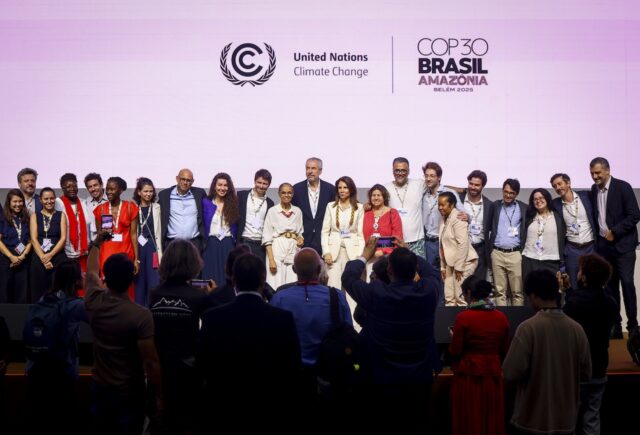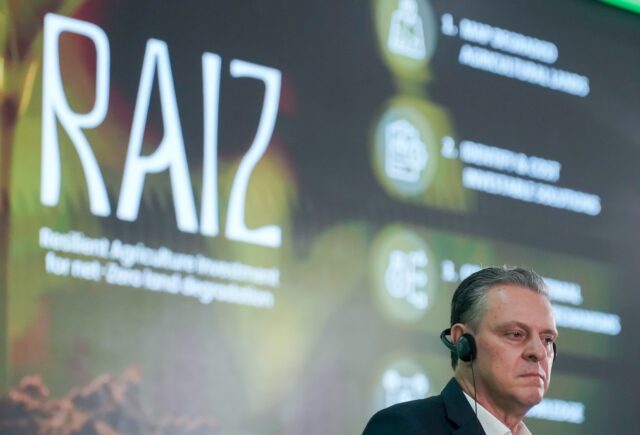The impact investing market in the UK has grown over 10% per year since 2020, according to the latest research from the Impact Investing Institute. Kieron Boyle, CEO, believes investors are embracing new mindsets and investment philosophies.

As we navigate an era of unprecedented global challenges, from climate change to social inequality, the role of finance in shaping our collective future has never been more critical. The UK impact investing market stands at the forefront of this transformation, demonstrating remarkable resilience and growth even in the face of difficult economic conditions.
Our latest report reveals that UK-managed impact investments reached £76.8bn (€90.9bn) in assets under management (AUM) by the end of 2023, showcasing a compelling 10.1% compound annual growth rate since 2020. This growth not only outpaces the broader UK asset management sector but also signals a fundamental shift in how we perceive the purpose of capital.
The rise of impact investing in the UK is more than just a trend; it represents a new investment philosophy. Investors, from large institutions to private individuals, are increasingly clear that financial returns and positive environmental and societal outcomes are not mutually exclusive. Rather, they are frequently interlinked, often additive, and certainly both necessary. Our research indicates that 88% of impact investments are meeting or exceeding their impact targets, while 68% are achieving or surpassing their financial goals in globally challenging markets.
UK landscape
The research also found that the UK is seen as a global hub for impact investing. This is in part due to the regulatory environment, where the UK has the world’s first impact-focused label for retail investments, and in part due to the maturity of the UK market, where we have seen the integration of impact investing approaches into mainstream asset management. This evolution is democratising access to impactful investments and enabling a more diverse range of investors to allocate capital for the benefit of people and the planet. This increasing sophistication of impact propositions across asset classes and geographies is not just expanding the market — it is redefining the very nature of value creation in finance.
Perhaps most significantly, the growth of the impact investing market opens new avenues for collaboration between private capital and government. There is immense potential for partnerships that can mobilise resources at scale to address pressing social, environmental, and economic challenges. Through blended finance structures and a focus on measurable outcomes, these collaborations can unlock capital that transforms lives across the UK and beyond.
Areas of interest
Our research found four key areas where markets are seeing an increased supply of funds. The first is biodiversity. For example, Gresham House recently invested in Fischer Farms to help fund the largest vertical farming facility in the world in Norfolk. The second is place-based impact investments — funds dedicated to revitalising local places and communities across the UK. The third is forestry. For example, the Leicestershire County Council Pension Fund committed £55m to investments in sustainable timberland materials that generate carbon offsets. The fourth is “improver” assets, such as investing in high-emitting businesses, such as fossil fuel producers, to support them in accelerating their decarbonisation strategies.
The UK impact investing market’s trajectory is clear: it is not just growing; it is evolving, innovating, and embedding itself into the core of our financial system. As this transformation continues, it invites all stakeholders – investors, businesses, policymakers, and citizens – to participate in building a future where financial success and positive impact are inextricably linked. The question is no longer whether impact investing can make a difference, but how quickly and effectively we can harness its potential to create changes our world so urgently needs.
Kieron Boyle is CEO of the Impact Investing Institute.






